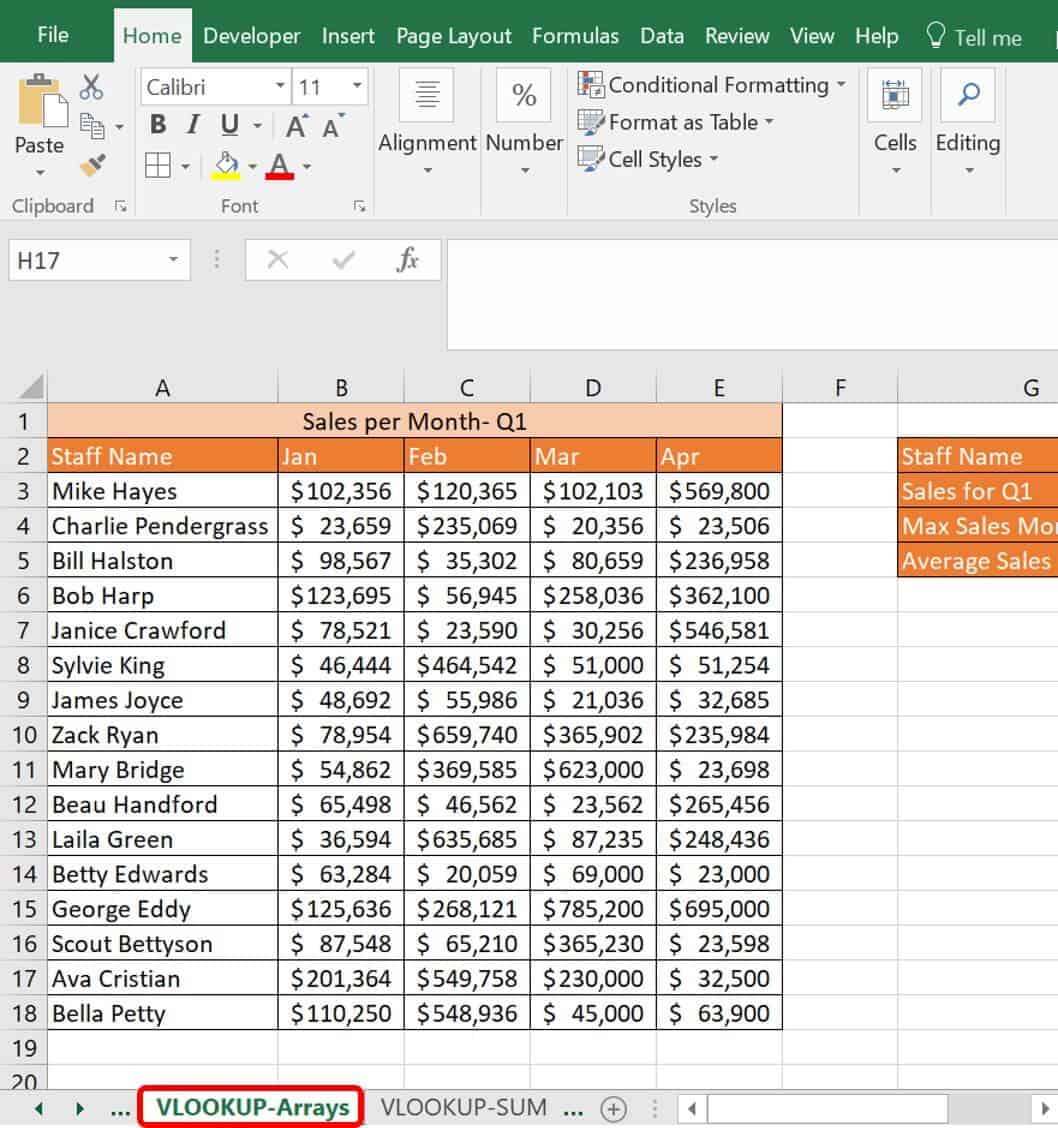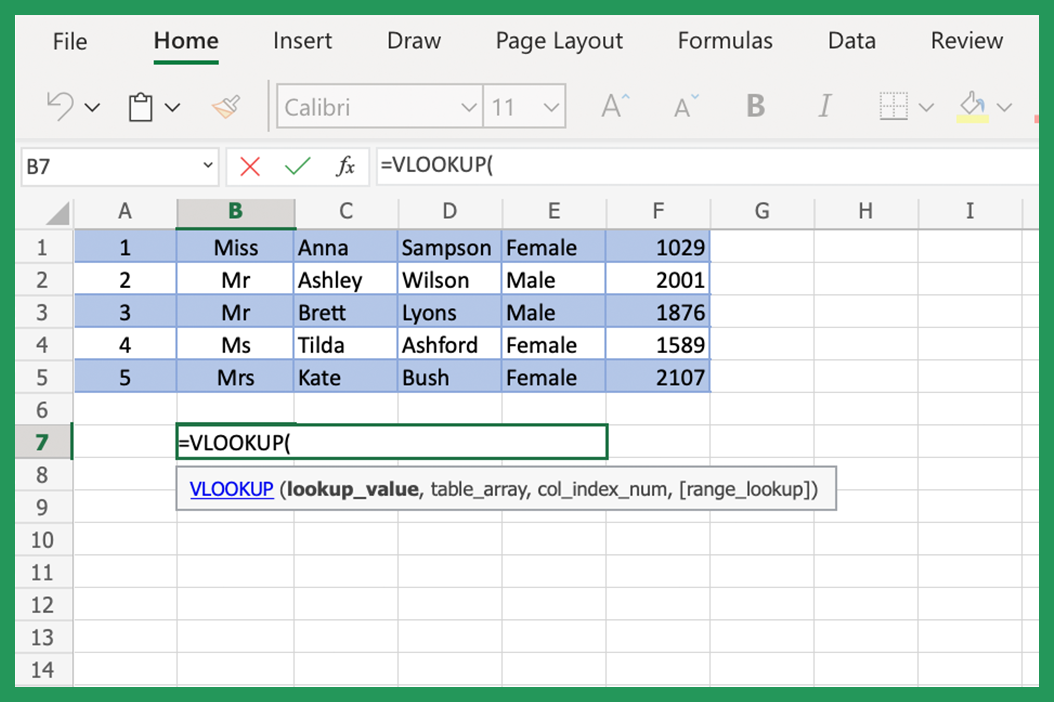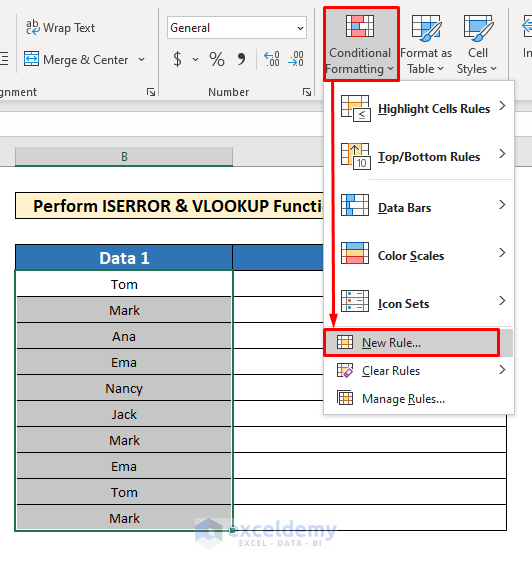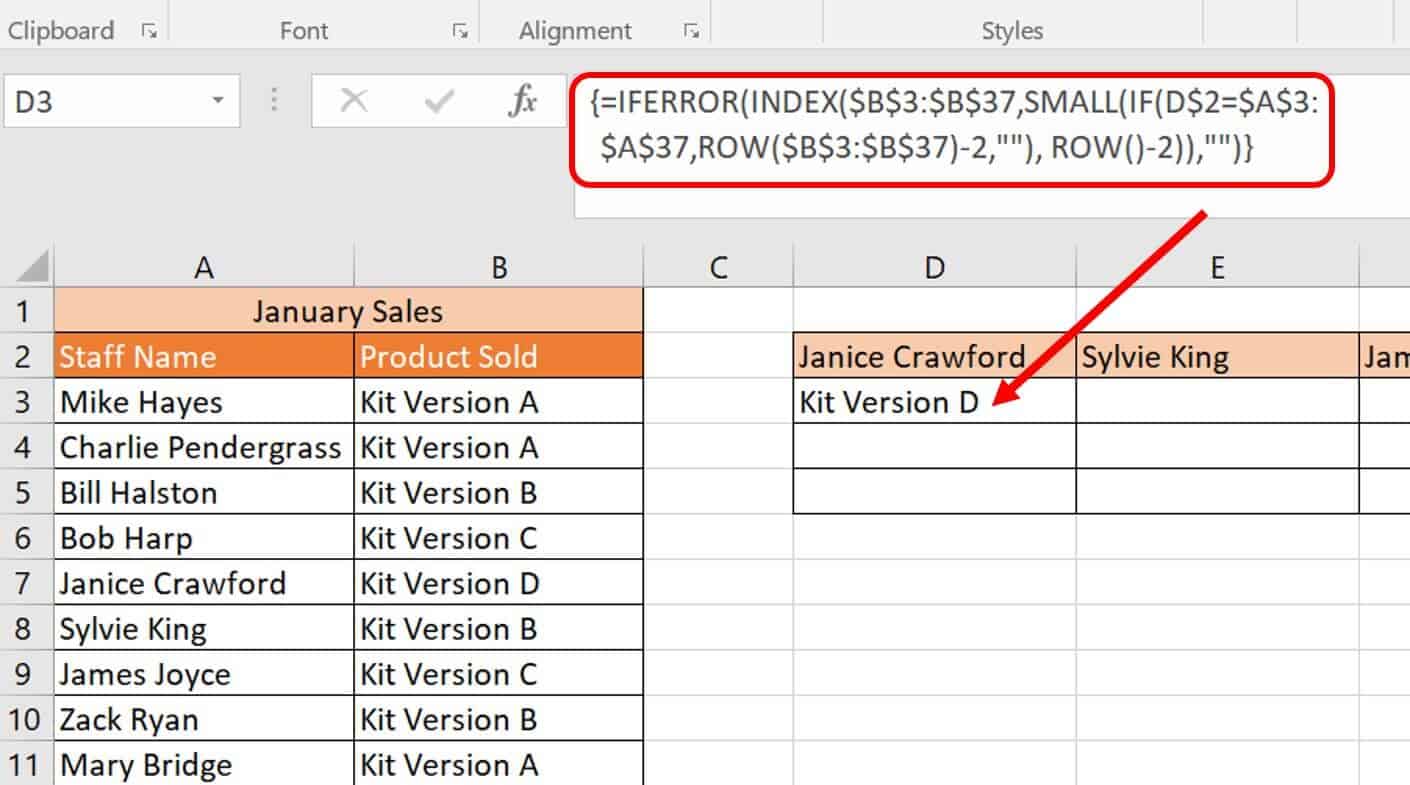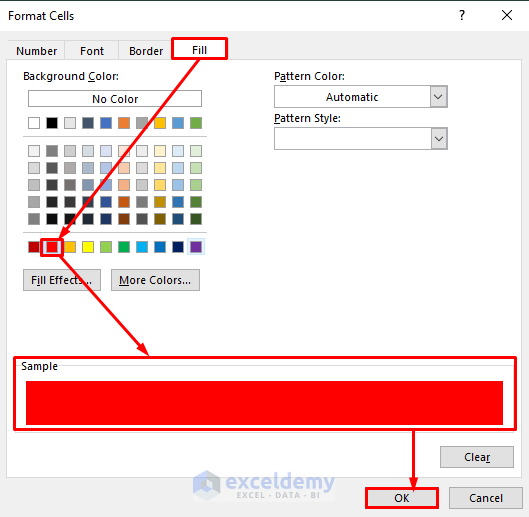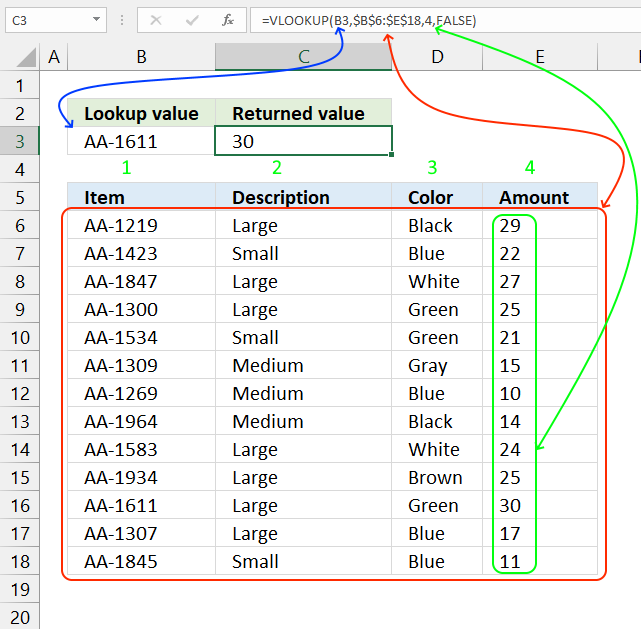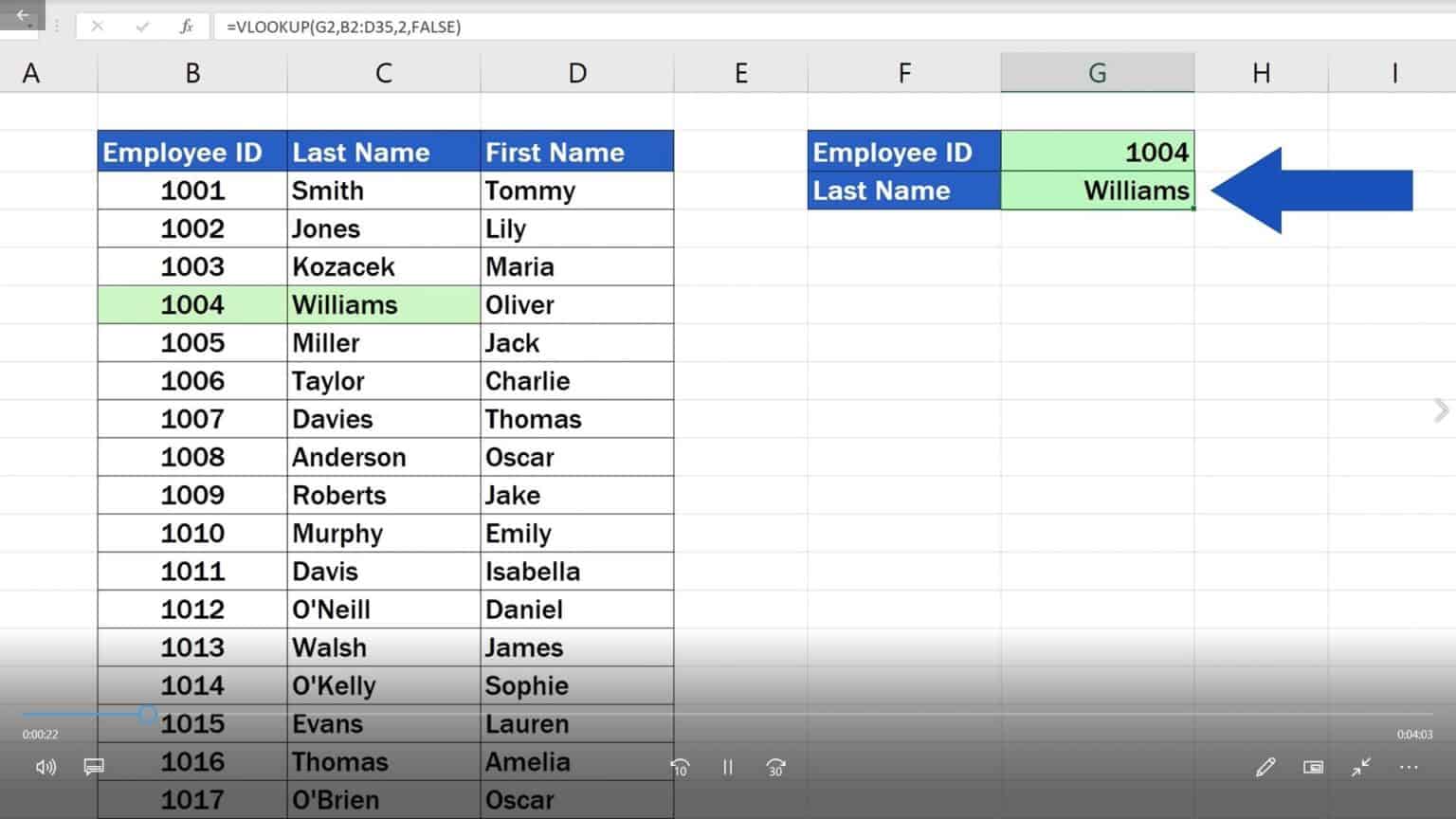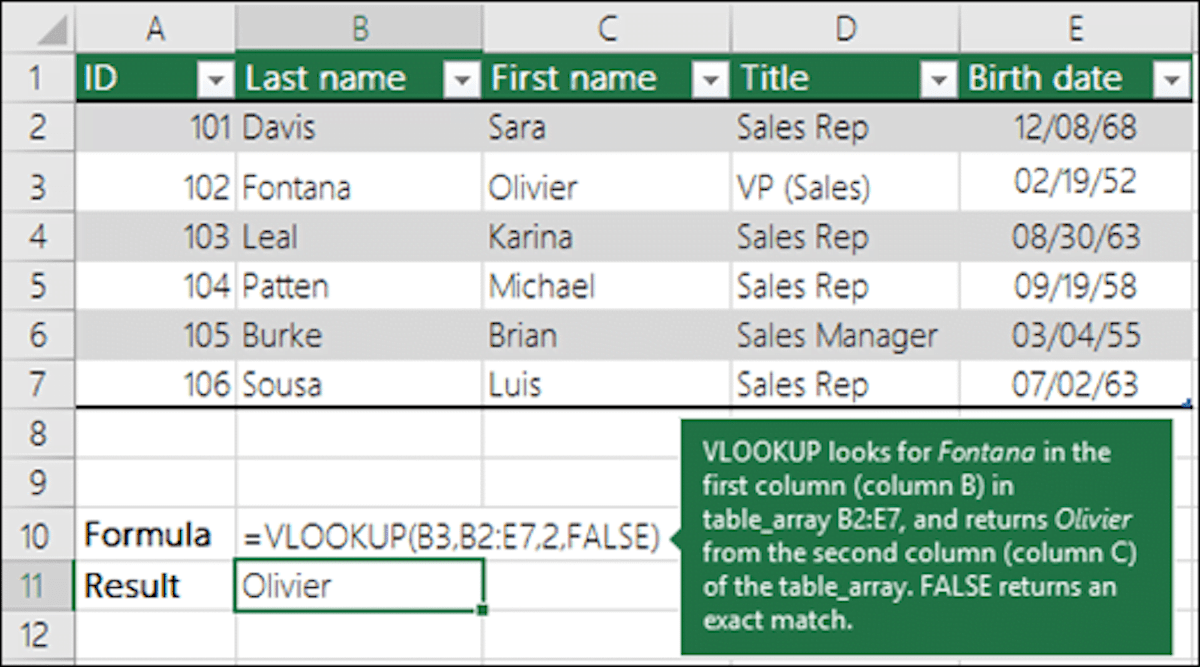How To Use Vlookup To Highlight Cells - Using the vlookup formula to compare values in 2 different tables and highlighting those values which is greater in. In excel, conditional formatting is a powerful tool that allows you to highlight cells based on specific criteria. Combine vlookup with conditional formatting in excel to highlight specific data based on lookup results. This tutorial will demonstrate several examples of how to apply conditional formatting based on the result of a vlookup function in. =iferror (vlookup (b3,'can std cost'!$b:$g,6,false),vlookup (b3,'merch cost. Ie =if (vlookup (a1,b:c,1,0)=0,no,yes) where then the cell can be hightlight red if no and green if yes you can use conditional. When combined with vlookup, you. This is my formula for example:
In excel, conditional formatting is a powerful tool that allows you to highlight cells based on specific criteria. Using the vlookup formula to compare values in 2 different tables and highlighting those values which is greater in. Combine vlookup with conditional formatting in excel to highlight specific data based on lookup results. This tutorial will demonstrate several examples of how to apply conditional formatting based on the result of a vlookup function in. This is my formula for example: =iferror (vlookup (b3,'can std cost'!$b:$g,6,false),vlookup (b3,'merch cost. When combined with vlookup, you. Ie =if (vlookup (a1,b:c,1,0)=0,no,yes) where then the cell can be hightlight red if no and green if yes you can use conditional.
This is my formula for example: In excel, conditional formatting is a powerful tool that allows you to highlight cells based on specific criteria. Using the vlookup formula to compare values in 2 different tables and highlighting those values which is greater in. When combined with vlookup, you. This tutorial will demonstrate several examples of how to apply conditional formatting based on the result of a vlookup function in. Ie =if (vlookup (a1,b:c,1,0)=0,no,yes) where then the cell can be hightlight red if no and green if yes you can use conditional. Combine vlookup with conditional formatting in excel to highlight specific data based on lookup results. =iferror (vlookup (b3,'can std cost'!$b:$g,6,false),vlookup (b3,'merch cost.
How to use Conditional formatting with Vlookup in Ms Excel Highlight
=iferror (vlookup (b3,'can std cost'!$b:$g,6,false),vlookup (b3,'merch cost. Using the vlookup formula to compare values in 2 different tables and highlighting those values which is greater in. When combined with vlookup, you. This tutorial will demonstrate several examples of how to apply conditional formatting based on the result of a vlookup function in. Combine vlookup with conditional formatting in excel to.
How to use vlookup in excel moodper
In excel, conditional formatting is a powerful tool that allows you to highlight cells based on specific criteria. This tutorial will demonstrate several examples of how to apply conditional formatting based on the result of a vlookup function in. Combine vlookup with conditional formatting in excel to highlight specific data based on lookup results. When combined with vlookup, you. This.
How To Do Vlookup In Excel With Two Spreadsheets Using Printable Online
This is my formula for example: Using the vlookup formula to compare values in 2 different tables and highlighting those values which is greater in. In excel, conditional formatting is a powerful tool that allows you to highlight cells based on specific criteria. When combined with vlookup, you. Combine vlookup with conditional formatting in excel to highlight specific data based.
How to Highlight Cell Using the If Statement in Excel (7 Ways)
=iferror (vlookup (b3,'can std cost'!$b:$g,6,false),vlookup (b3,'merch cost. Using the vlookup formula to compare values in 2 different tables and highlighting those values which is greater in. Combine vlookup with conditional formatting in excel to highlight specific data based on lookup results. When combined with vlookup, you. This tutorial will demonstrate several examples of how to apply conditional formatting based on.
How To Use Multiple Columns In Vlookup Printable Online
=iferror (vlookup (b3,'can std cost'!$b:$g,6,false),vlookup (b3,'merch cost. This is my formula for example: In excel, conditional formatting is a powerful tool that allows you to highlight cells based on specific criteria. This tutorial will demonstrate several examples of how to apply conditional formatting based on the result of a vlookup function in. Ie =if (vlookup (a1,b:c,1,0)=0,no,yes) where then the cell.
How to Highlight Cell Using the If Statement in Excel (7 Ways)
In excel, conditional formatting is a powerful tool that allows you to highlight cells based on specific criteria. When combined with vlookup, you. Combine vlookup with conditional formatting in excel to highlight specific data based on lookup results. This tutorial will demonstrate several examples of how to apply conditional formatting based on the result of a vlookup function in. =iferror.
How to highlight columns by using VLOOKUP Function Practical Session
This tutorial will demonstrate several examples of how to apply conditional formatting based on the result of a vlookup function in. In excel, conditional formatting is a powerful tool that allows you to highlight cells based on specific criteria. This is my formula for example: Ie =if (vlookup (a1,b:c,1,0)=0,no,yes) where then the cell can be hightlight red if no and.
Vlookup For Different Columns at Joel Lussier blog
Combine vlookup with conditional formatting in excel to highlight specific data based on lookup results. When combined with vlookup, you. In excel, conditional formatting is a powerful tool that allows you to highlight cells based on specific criteria. Ie =if (vlookup (a1,b:c,1,0)=0,no,yes) where then the cell can be hightlight red if no and green if yes you can use conditional..
How To Use Vlookup In Microsoft Excel Two Step By Ste vrogue.co
Using the vlookup formula to compare values in 2 different tables and highlighting those values which is greater in. =iferror (vlookup (b3,'can std cost'!$b:$g,6,false),vlookup (b3,'merch cost. This is my formula for example: Combine vlookup with conditional formatting in excel to highlight specific data based on lookup results. When combined with vlookup, you.
How to use VLOOKUP function in Excel Full guide gHacks Tech News
Combine vlookup with conditional formatting in excel to highlight specific data based on lookup results. In excel, conditional formatting is a powerful tool that allows you to highlight cells based on specific criteria. This is my formula for example: This tutorial will demonstrate several examples of how to apply conditional formatting based on the result of a vlookup function in..
Using The Vlookup Formula To Compare Values In 2 Different Tables And Highlighting Those Values Which Is Greater In.
This tutorial will demonstrate several examples of how to apply conditional formatting based on the result of a vlookup function in. In excel, conditional formatting is a powerful tool that allows you to highlight cells based on specific criteria. Combine vlookup with conditional formatting in excel to highlight specific data based on lookup results. Ie =if (vlookup (a1,b:c,1,0)=0,no,yes) where then the cell can be hightlight red if no and green if yes you can use conditional.
When Combined With Vlookup, You.
This is my formula for example: =iferror (vlookup (b3,'can std cost'!$b:$g,6,false),vlookup (b3,'merch cost.

